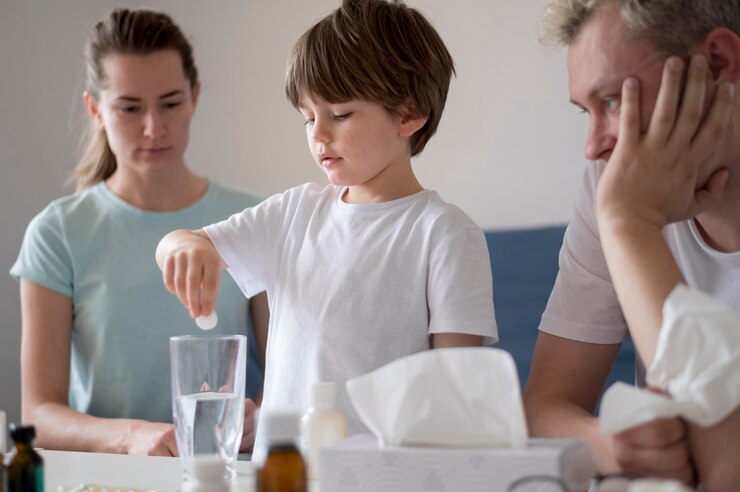
1. **How Your Body Signals It’s Running Low on Water**
2. **The Telltale Signs You Might Be Dehydrated**
3. **When Thirst Isn’t the Only Warning: Signs of Dehydration**
4. **Reading the Body’s Clues: Symptoms of Dehydration**
5. **Feeling Off? It Could Be Dehydration Talking**
6. **From Fatigue to Dizziness: How Dehydration Shows Itself**
7. **Is Your Body Asking for Water? Here’s How to Tell**
Let me know if you’d like the tone to be more formal, medical, or conversational!
If you’ve ever wondered, “Am I dehydrated?”—chances are, you probably are. Staying hydrated is more important than most people realize, and yet, many of us still don’t drink enough water.
Believe it or not, over 75% of Americans are chronically dehydrated. That might seem surprising, especially since water is so easy to access. But the truth is, we often replace plain water with sugary drinks, flavored powders, and other beverages that actually contribute to dehydration. On top of that, we regularly consume things like alcohol, caffeine, salty snacks, and energy drinks—all of which can dry us out even more.
Our bodies are made up mostly of water. In fact, about two-thirds of your body, 95% of your brain, and 90% of your lungs are water. Water plays a role in nearly every function your body performs. Without enough of it, your metabolism slows down, and your body can’t work as efficiently.
Water helps regulate your temperature, cushions your joints, protects your organs, flushes out waste, absorbs nutrients, turns food into energy, and carries oxygen to your cells. Simply put, staying hydrated is essential for your health.
Even a small drop—just a 2% loss of water—can start to cause symptoms of dehydration. While the general recommendation is to drink about two liters of water a day, many health experts suggest sipping water regularly throughout the day, even if you’re not feeling thirsty. People who are more active, breastfeeding, or older may need even more.
So, if you think you might be dehydrated, you probably are. Pay attention to your body and make hydration a daily habit—it’ll make a big difference in how you feel.